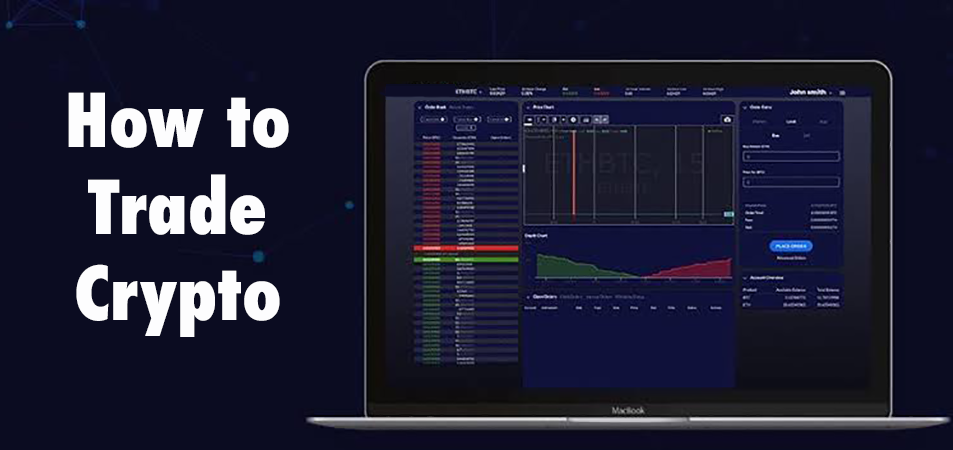Cryptocurrency trading is the act of speculating on cryptocurrency price movements through a CFD trading account, or purchasing and selling the underlying coins through an exchange. CFDs trading are derivatives, which enable you to speculate on cryptocurrency cost motions without taking ownership of the underlying coins. You can go long (' buy') if you believe a cryptocurrency will increase in value, or brief (' sell') if you believe it will fall.
Your revenue or loss are still computed according to the complete size of your position, so take advantage of will amplify both profits and losses. When you purchase cryptocurrencies through an exchange, you acquire the coins themselves. You'll require to produce an exchange account, set up the complete value of the property to open a position, and save the cryptocurrency tokens in your own wallet till you're prepared to sell.
Many exchanges likewise have limitations on just how much you can transfer, while accounts can be very expensive to maintain. Cryptocurrency markets are decentralised, which means they are not provided or backed by a main authority such as a federal government. Rather, they stumble upon a network of computers. Nevertheless, cryptocurrencies can be purchased and offered via exchanges and saved in 'wallets'.
 Day Trading Cryptocurrency – How To ...tradingstrategyguides.com
Day Trading Cryptocurrency – How To ...tradingstrategyguides.com
When a user wishes to send cryptocurrency systems to another user, they send it to that user's digital wallet. The deal isn't considered final until it has been confirmed and included to the blockchain through a process called mining. This is likewise how new cryptocurrency tokens are usually produced. A blockchain is a shared digital register of tape-recorded data.
To choose the very best exchange for your requirements, it is very important to completely comprehend the types of exchanges. The first and most common kind of exchange is the centralized exchange. Popular exchanges that fall under this category are Coinbase, Binance, Kraken, and Gemini. These exchanges are personal companies that offer platforms to trade cryptocurrency.
The exchanges listed above all have active trading, high volumes, and liquidity. That said, centralized exchanges are not in line with the viewpoint of Bitcoin. They run on their own personal servers which produces a vector of attack. If the servers of the company were to be jeopardized, the whole system could be shut down for some time.
The bigger, more popular central exchanges are by far the simplest on-ramp for new users and they even provide some level of insurance ought to their systems fail. While this is true, when cryptocurrency is purchased on these exchanges it is kept within their custodial wallets and not in your own wallet that you own the secrets to.
Must your computer system and your Coinbase account, for example, become jeopardized, your funds would be lost and you would not likely have the capability to claim insurance coverage. This is why it is necessary to withdraw any large amounts and practice safe storage. Decentralized exchanges work in the exact same way that Bitcoin does.
Rather, think about it as a server, other than that each computer within the server is spread out throughout the world and each computer that comprises one part of that server is controlled by a person. If among these computers turns off, it has no effect on the network as a whole due to the fact that there are a lot of other computers that will continue running the network.